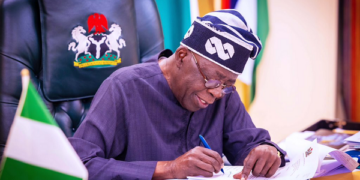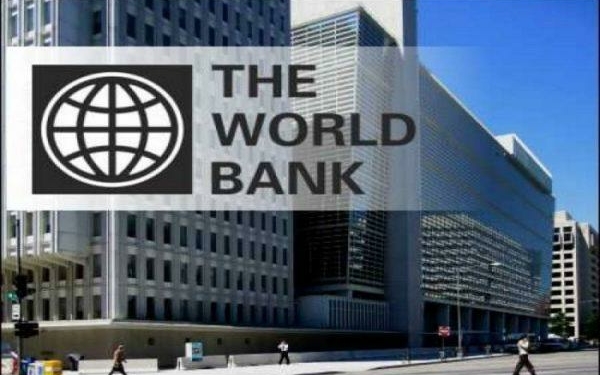- The World Bank collaborates with Nigeria to create digital national identification cards, focusing on poverty reduction and technological transformation
- World Bank aims to aid Nigeria in achieving widespread digital IDs and broadband connectivity, partnering with the National Identity Management Commission
The World Bank will work with the Federal Government to create digital national identification cards for Nigerians.
Shubham Chaudhuri, World Bank Director for Nigeria, announced at a dinner hosted by the Ministry of Communications and Digital Economy on Friday in Abuja.
He said:
Our mission here in Nigeria is to eliminate poverty, make lives better, and create jobs for all Nigerian youth.
One of the areas that we think have the greatest potential, is the area of using digital technologies to transform. Now, to do that, it begins with having this digital national ID.
So, one of the main partnerships we have is working with the National Identity Management Commission (NIMC) to ensure the rollout of the registration, so that all 220 million Nigerians have a digital national ID, beginning — of course — with all people of working age, and I think the target for that is at least 148 million people by the middle of next year.
The second is helping Nigeria lead the broadband infrastructure for broadband connectivity because, without broadband connectivity, digital technologies will lead to a digital divide.
Bosun Tijani, Minister of Communications and Digital Economy, stated in his remarks that the federal government has secured a $500 million loan to assist businesses in the digital sector.
World Bank to Nigeria: Reduce govt borrowing from CBN
The World Bank Group has implored Nigeria to reduce the government’s borrowing from the Central Bank if it wants to reduce the inflationary pressure on the economy.
This was stated on Thursday by World Bank’s Lead Economist for Nigeria, Alex Sienaert during an economic review session at the Lagos Business School.
In his keynote presentation, Sienaert commended the government over its recent economic reforms, but noted that these reforms would have to be sustained for the economy to recover from present shocks and record considerable growth in the near future.
He said, “The whole agenda of tackling inflation is obviously a huge one. Some ideas include reducing subsidised CBN lending to medium and large firms and the government borrowing from CBN.










Discussion about this post